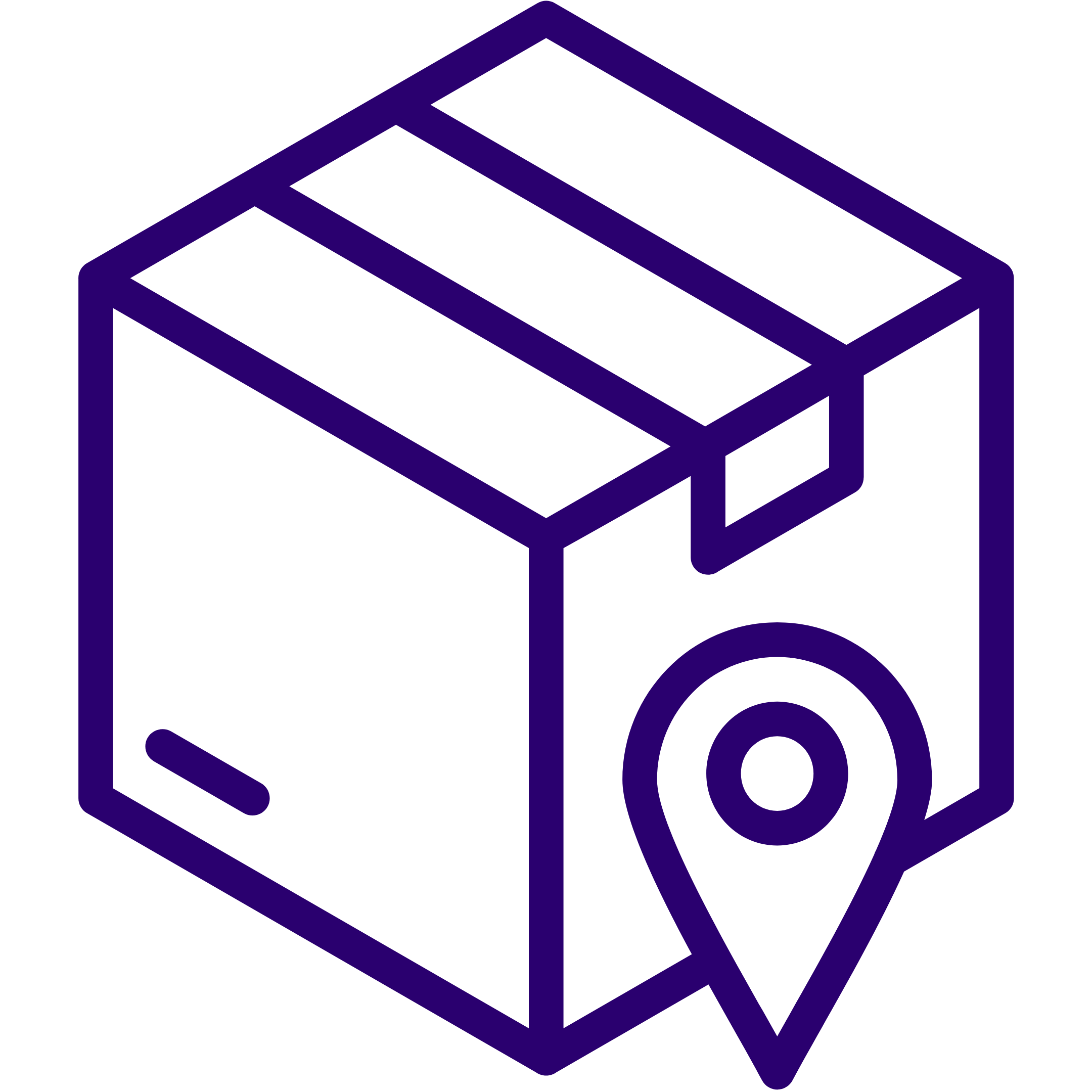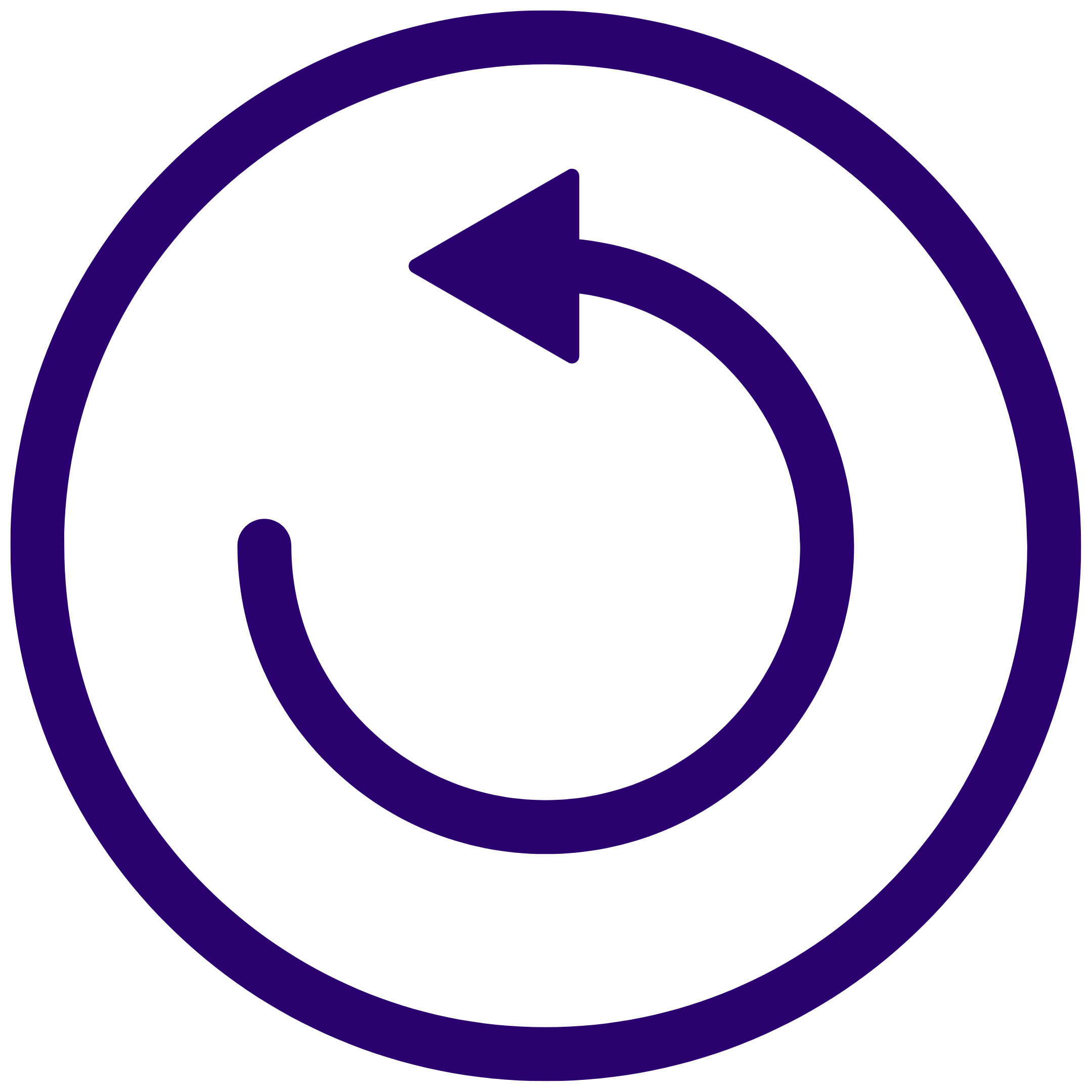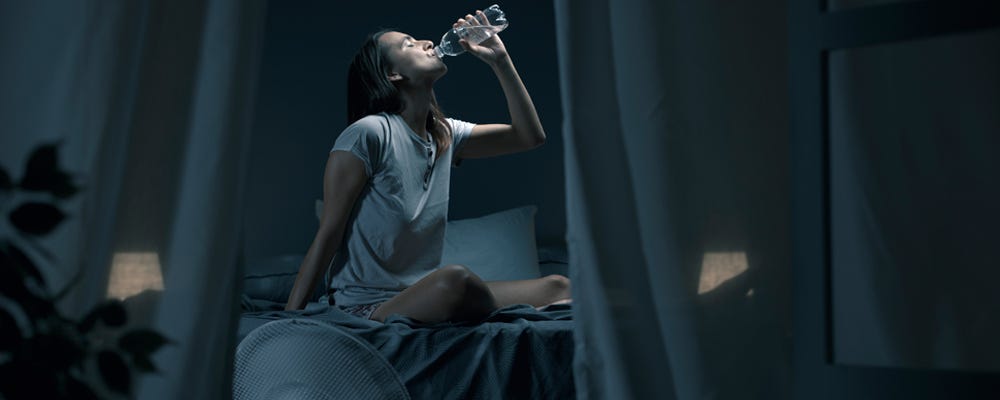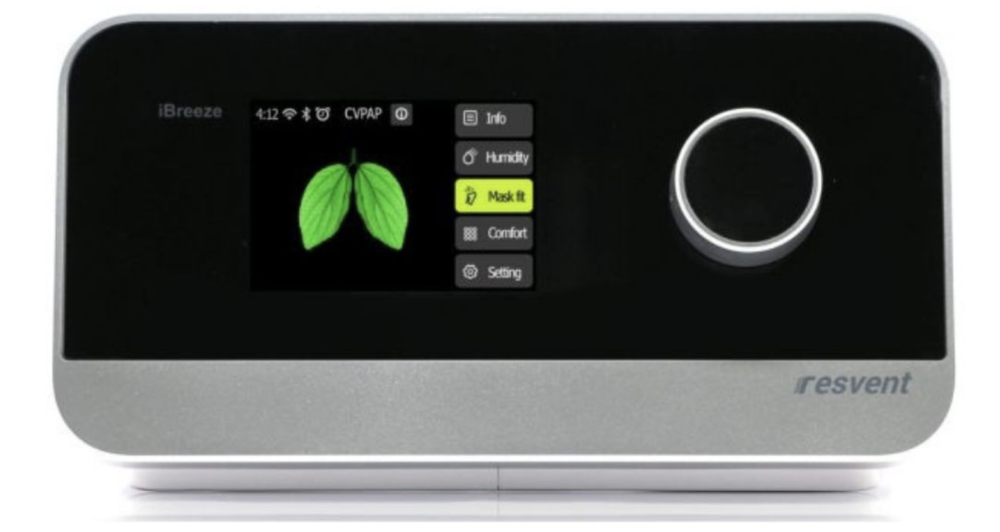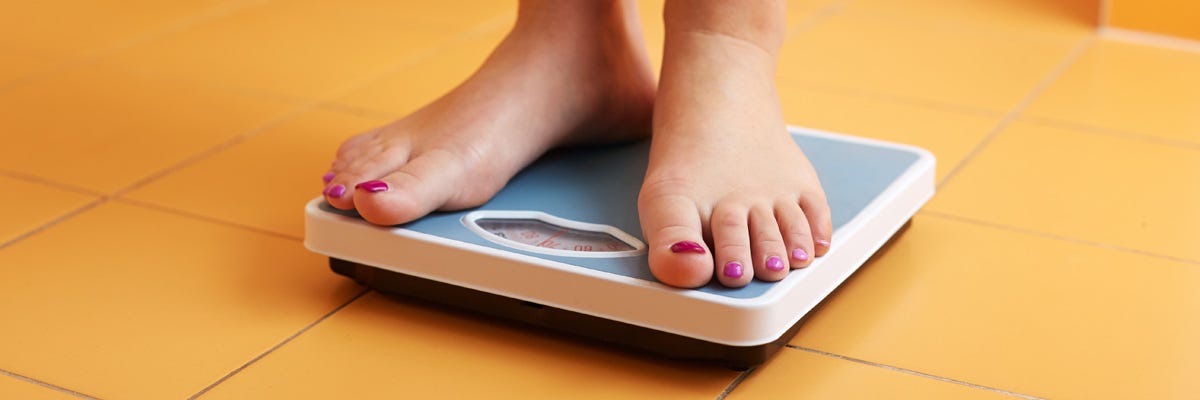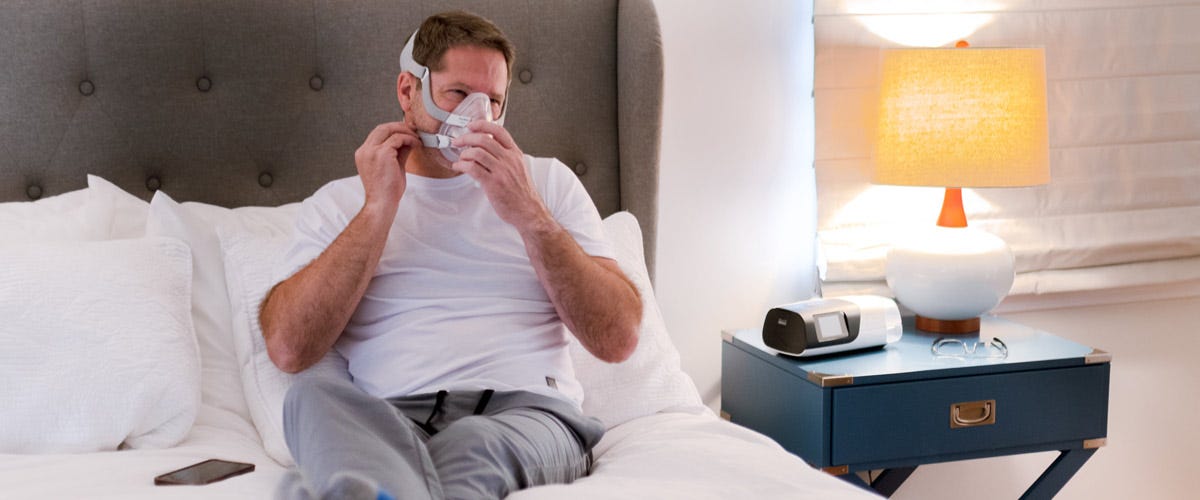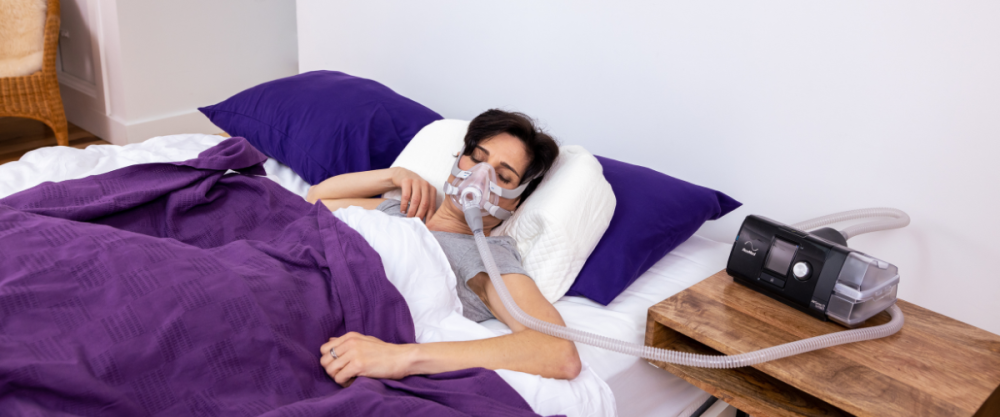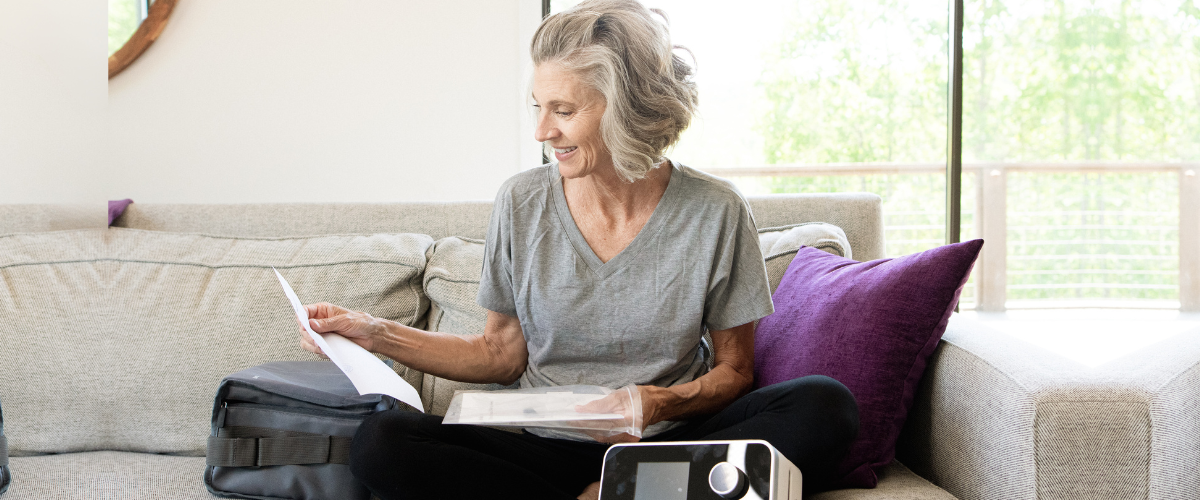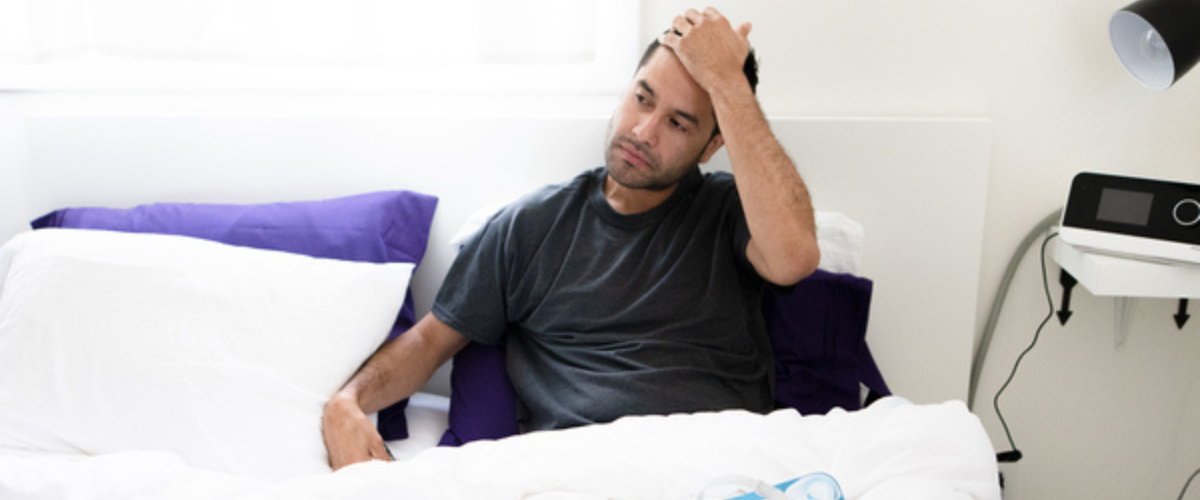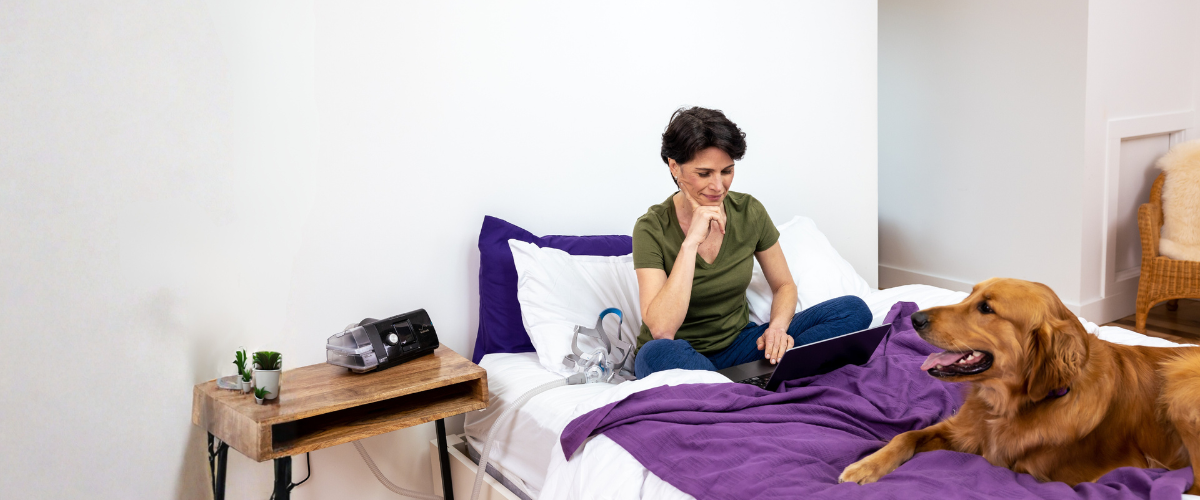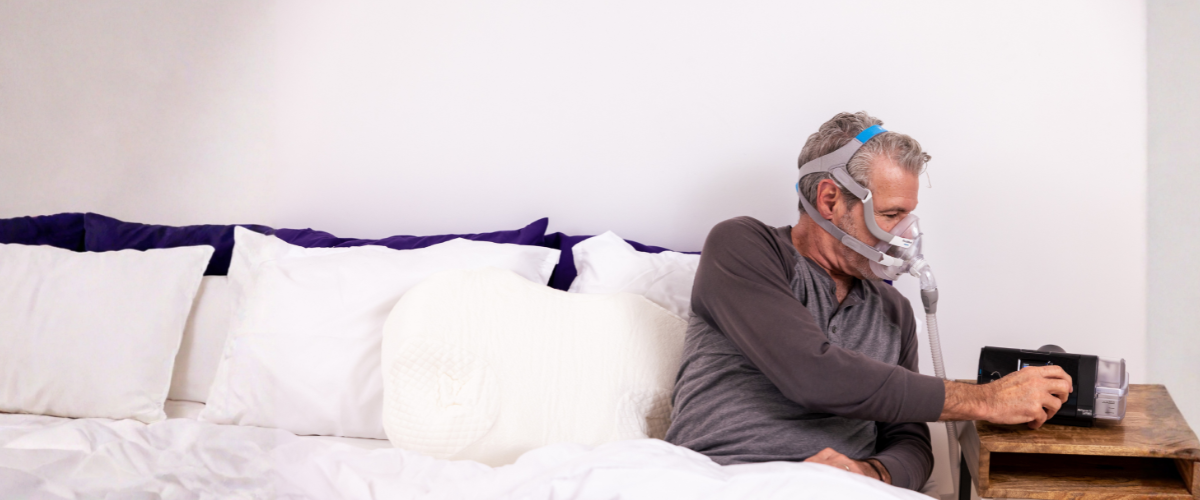Sleep Apnea, night sweats, and their relationship to one another are a hot topic! (Pun intended.) If you suffer from night sweats, you may have heard that they can be a warning sign of obstructive sleep apnea (OSA). So how can you tell if you’re simply a victim of humidity or in need of medical attention? Stick with us and we can help you investigate your…sticky situation.
Which Medical Conditions and Sleep Disorders Cause Night Sweats?
While environmental temperature and humidity may be the most common causes, a number of medical factors are known to be causes of night sweats too, including:
- Menopause (Hot flashes are real, friends.)
- Hypoglycemia (low blood sugar)
- Infection or illness (increased body temperature)
- Hyperhidrosis (excessive sweating, but generally harmless)
- Hormonal changes (including hyperthyroidism, low testosterone, and pregnancy)
- GERD (gastroesophageal reflux disease)
- Side effects of medications
- Consumption of caffeine or alcohol too close to bedtime
- Last but not least, sleep disorders like obstructive sleep apnea
How Does OSA Cause Night Sweats?
Sleep apnea night sweats happen when apneas trigger the release of stress hormones. When you stop breathing, your body releases adrenaline, cortisol, and other stress hormones in an attempt to restart your breathing. A common symptom of OSA is that patients wake up suddenly gasping for air, a result of your body raising the red flags to wake up and breathe now.
This can cause night sweats, as well as raise your heart rate and blood pressure. OSA is not a minor medical condition of the airways. Untreated sleep apnea puts stress on the cardiovascular system, taxing the entire body. Risk factors that rise with the development of OSA include hypertension (high blood pressure), heart disease, and heart failure.
Sleep apnea is more common for some demographics such as males, anyone over age 65, and those suffering from obesity. As for night sweats, this respiratory research study found night sweating in 30% of their male OSA patients. This compares to night sweating in just 9% of males in the general population.
However, anyone can have OSA and experience night sweats as a result.
What Are the Warning Signs of Sleep Apnea?
If your night sweats are dragging your sleep quality down, if you’re considering taking sleep medicine to power through it, or if you keep wondering, “Why am I waking up covered in sweat?” it’s time to track other symptoms, too. Be sure to talk to your doctor if your night sweats are often accompanied by these warning signs of sleep apnea:
- Loud snoring
- Waking up gasping or choking
- Frequently waking to dry mouth or sore throat
- Frequently waking with headache
- Excessive daytime sleepiness
- Difficulty concentrating
- Irritability or mood changes
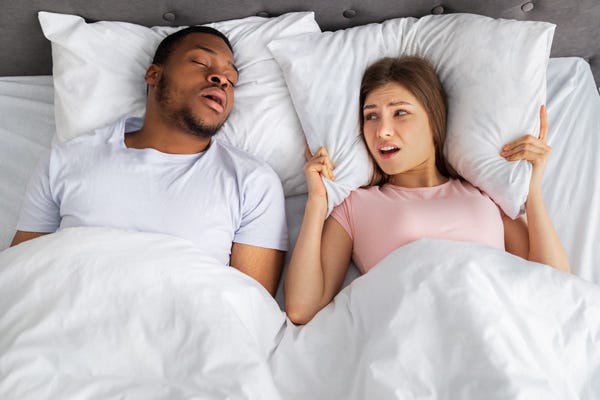

Can Treating Sleep Apnea Cure Night Sweats?
Studies show that treating sleep apnea with PAP therapy reduced the prevalence of night sweats from 33% back to an average of just 11%. In other words, consistent use of CPAP, APAP, or BiPAP treatment options could cut your nocturnal sweating down to one third of what you are currently experiencing!
CPAP therapy is the most common and most effective non-invasive treatment for OSA. CPAP stands for continuous positive airway pressure. It works by providing the necessary airflow to keep your upper airways from collapsing while you sleep. This saves your body from ramping up its endocrine system - the key driver of your chemical responses to stress or injury.
If you suspect you may have OSA, talk to your doctor. They will perform a physical examination to check for obstructions, or may send you to see an otolaryngologist (ear, nose, and throat doctor). The next step may be a sleep study that can be completed in a sleep lab or at home.
This testing can determine how many apneas (pause in breathing for 10 seconds or longer) and/or hypopneas (reduction in breathing for 10 seconds or more) you experience in an hour of rest. The result is called your AHI (apnea-hypopnea Index). The more apneas/hypopneas per hour, the more severe the OSA - ranging from 5 to over 100 events per hour!
Lifestyle Changes Can Help Too
In conjunction with CPAP, some doctors may prescribe weight loss to address underlying obesity, which can contribute to sleep apnea. Special pillows to encourage side sleeping habits, or daytime-use oral appliances like eXcite OSA if patients cannot tolerate night treatments.
No matter what they prescribe, treating your sleep disorder is important and could save your life. It deserves your best effort to avoid cardiovascular conditions that could culminate in a heart attack. Besides, who among the sleep deprived doesn’t just want a better night’s sleep?
To that end, CPAPsupplies is here to support you from choosing the right equipment, on through set up, and into the future by trouble-shooting any issues you may have down the road. They can contact your insurance on your behalf to help the process go as smoothly as possible.
We can’t wait to help you get a more comfortable night’s rest (and save your sheets from the salty onslaught of sleep apnea night sweats!)

